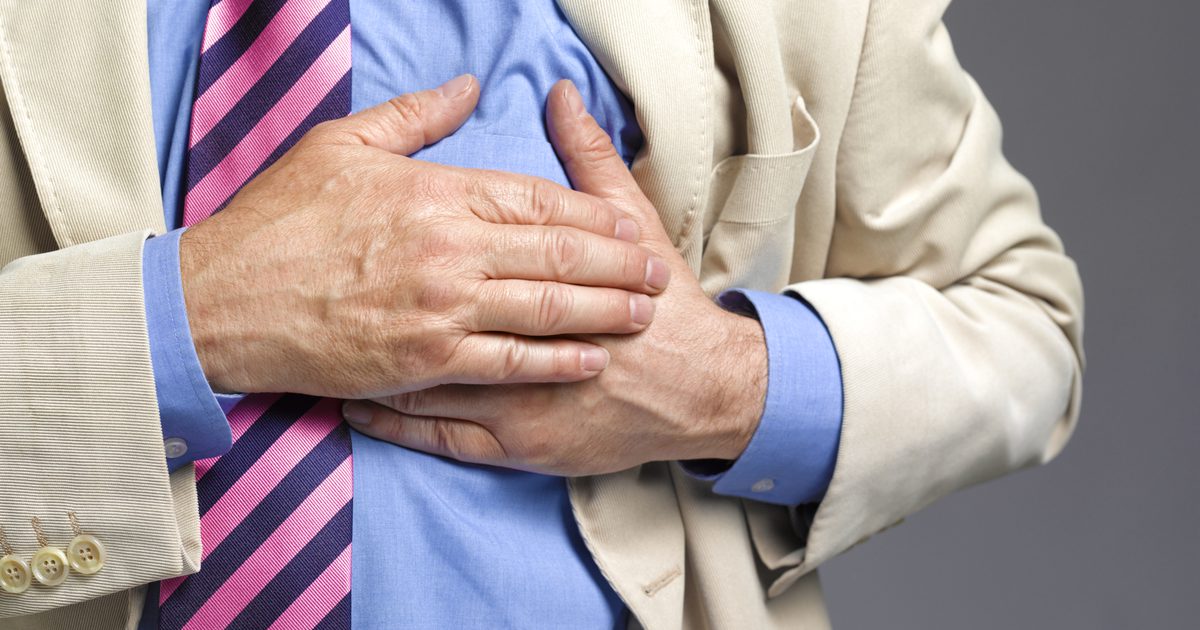Signs Of Pleural Mesothelioma
Chest Pain

In the same 2011 study of pleural mesothelioma patients, sixty-four percent of respondents said they suffered chest pain prior to diagnosis. In stage one of this cancer, the tumor will often not cause noticeable symptoms. However, stage one pleural mesothelioma might present with pain in the chest. The chest pain develops because of the fluid built up around the lungs. This fluid, otherwise called pleural effusion, causes pressure and sharp pain in the chest. Chest pain might also be caused by tumors pressing against the chest wall and the lungs.
Unexplained pain in the chest is always a reason to see a medical professional. If you have a history of asbestos exposure, you'll want them to screen for mesothelioma. Even if you don't have any exposure history that you know of, chest pain can be a sign of many different medical conditions. You might have undiagnosed heart or lung issues that should be taken care of.
Continue to find out what symptom individuals should watch out for at night.
Night Sweats

Night sweats are often a symptom that prompts individuals to go to the doctor. In the best cases, these sweats are an annoying but harmless situation. In other cases, they might be a sign you have a serious physical health issue.
One of the potential causes of these sweats is cancer. While most commonly seen in lymphoma, night sweats are also present in pleural mesothelioma cases. It is, however, uncommon for these sweats to be the only symptom a person experiences if they have this cancer. You would likely also have a cough or chest pain.
The sweats are defined as drenching sweats that force individuals to change their clothes. They occur due to hot flashes unrelated to the external environment. If you're seeing your doctor for these symptoms, and you have a previous history of asbestos exposure, it's important to let them know. They can order tests to either detect or rule out pleural mesothelioma.
Continue for the next symptom, related to breathing.
